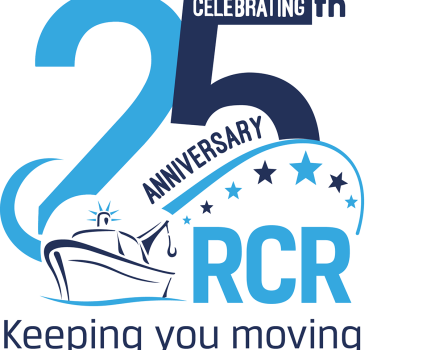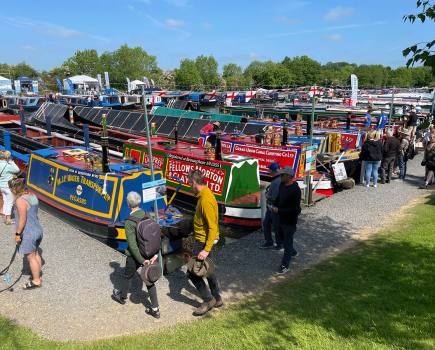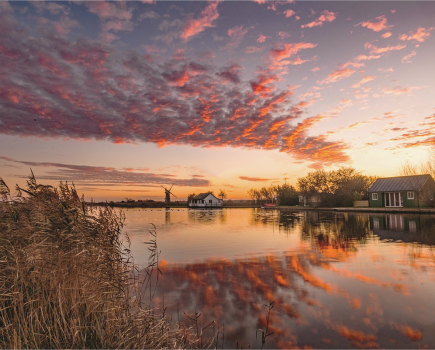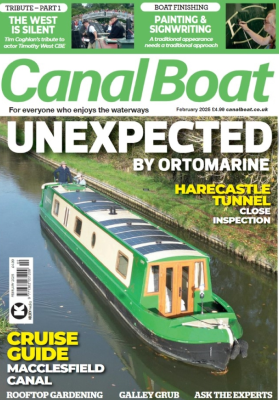Figures from the Canal & River Trust indicate that Britain’s waterways would be free of plastic if every visitor to the canals did this one thing
If everybody who visits the canals picked up one piece of waste plastic and recycled it, figures from the Canal & River Trust indicate that Britain’s waterways would be free of plastic, instead of contributing half a million items to the pollution off the oceans every year – not to mention fouling hundreds of Canal Boat readers’ propellers.
The problem of plastics getting into the world’s oceans has been well publicised in recent years. But CRT says that recent research with Coventry University, based on a sample of 25 locations, shows that 59% of waste along the canals is plastic, and that some 570,000 of those plastic items in the oceans items arrive from the UK’s rivers and canals every year, out of a total of 14 million pieces that enter the waterways – most of them recyclable or reusable. Compare that with the four million visits to the waterways every fortnight by members of the public, as quoted in a 2017 CRT report, and it’s clear that if each of them picked up a piece of plastic waste from the towpath before it ended up in the water, it would sort the problem – and the Trust is therefore asking visitors to help.
Of course it isn’t as straightforward as that: we asked the Trust how clearing the canals of plastic could work in practice. Chief Executive Richard Parry told Canal Boat that the Trust sees an important role for local volunteer groups – not just its existing Towpath Taskforce teams, but also organisations adopting lengths of waterway, and also less formally-organised groups encouraging people to work perhaps just an hour during their lunch break to keep their local canal clear.
CRT has published a downloadable family plastics and litter activity pack, aimed at getting the next generation involved in challenging the current situation where in CRT environmental advisor Peter Birch’s words, “Despite being vital green corridors in the nation’s towns and cities, our canals and rivers can inadvertently act as ‘plastics highways’.”







